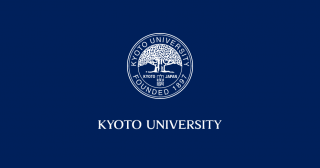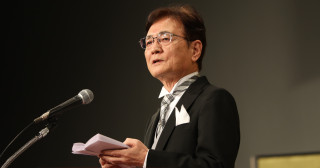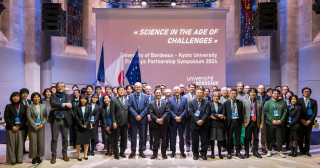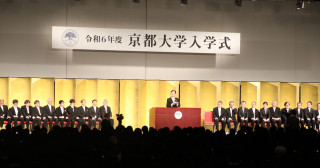As part of the Short-Term Student Exchange--Nippon Discovery (SEND) Program, 20 Kyoto University students participated in the 2015 Spring School program hosted by the University of Sydney, Australia. During their two-week visit, participants attended classes to study English and Australian culture while holding five workshops to introduce Japanese culture to students of the host university. Two field training sessions, at the Calmsley Hill City Farm and on Manly Beach, were also held, through which participants increased their knowledge of agricultural issues, life-saving techniques, and other topics.
Through the two-week program, participants not only enhanced their command of English, but also deepened their understanding of Australian culture. By gaining a fresh perspective on the world, they experienced a valuable opportunity to revisit and rediscover Japanese culture. The students are expected to continue developing their experience and understanding of cross-cultures, and to strengthen the relationship of mutual trust with students of the University of Sydney.
Report from a Participating Student
K Koike
Group Leader for 2015 Spring School at the University of Sydney
Fourth-year student, Faculty of Letters, Kyoto University
(presented on Tuesday 17 March 2015)
I took part in the 16-day 2015 Spring School at the University of Sydney from 28 February to 15 March 2015 (including two travel days). The program mainly covered four topics: (1) enhancing command of English; (2) developing leadership skills; (3) experiencing Australian culture; and (4) introducing Japanese culture to Australia.
- To enhance our command of English, we took six classes and delivered one group presentation involving all 20 participants. The English course not only included training to improve our communication skills (for example, ad lib conversation exercises using role-playing, pronunciation practice with a telephone game, and exercises using idiomatic phrases), but also programs specific to the University of Sydney, such as study of Australian history through films and practicing local idioms.
- To develop leadership skills we listened to three lectures and participated in a workshop. A variety of topics ranging from cross-cultural communication to international business were covered, and all were very useful and productive for us.
- We took part in two field trips, to a farm and to a beach, to experience Australian culture firsthand. At the Calmsley Hill City Farm, we listened to briefings on agriculture, and had an opportunity to touch koala bears and kangaroos. On the beach, we received life-saving training.
- To introduce Japanese culture, we visited the Japan Foundation in Sydney, where we delivered presentations on hot springs, food culture, and traditional Japanese culture to audiences of interested Australian students. We then exchanged them in conversation both in English and in Japanese, which was a valuable experience for all involved.
This program in Sydney provides a great opportunity for both study and enjoyment, for students from all faculties and fields.

At Calmsley Hill City Farm

Workshop on Japanese culture

At the closing ceremony

Program participants
About SEND (Student Exchange-Nippon Discovery)
The SEND Program aims to train students to become experts in building cultural bridges between Japan and ASEAN countries. In exchange for studying abroad to learn a different language and culture, students assist in teaching Japanese language and introducing Japanese culture, helping promote cross-cultural understanding. Through these activities, the Program aims to cultivate an interest in Japan among students in the host country, while also training participants to play active roles on the world stage and help to build trust among the next generation of leaders.
For FY2014, the SEND Program is being administered as part of the "Rediscovering Japan through Collaboration in the Open ASEAN+6 -- International Human Resource Development Centering on the SEND Program", with support from the Japan Society for the Promotion of Science (JSPS), the Japan Student Services Organization (JASSO), and Management Expenses Grants for National University Corporations.





